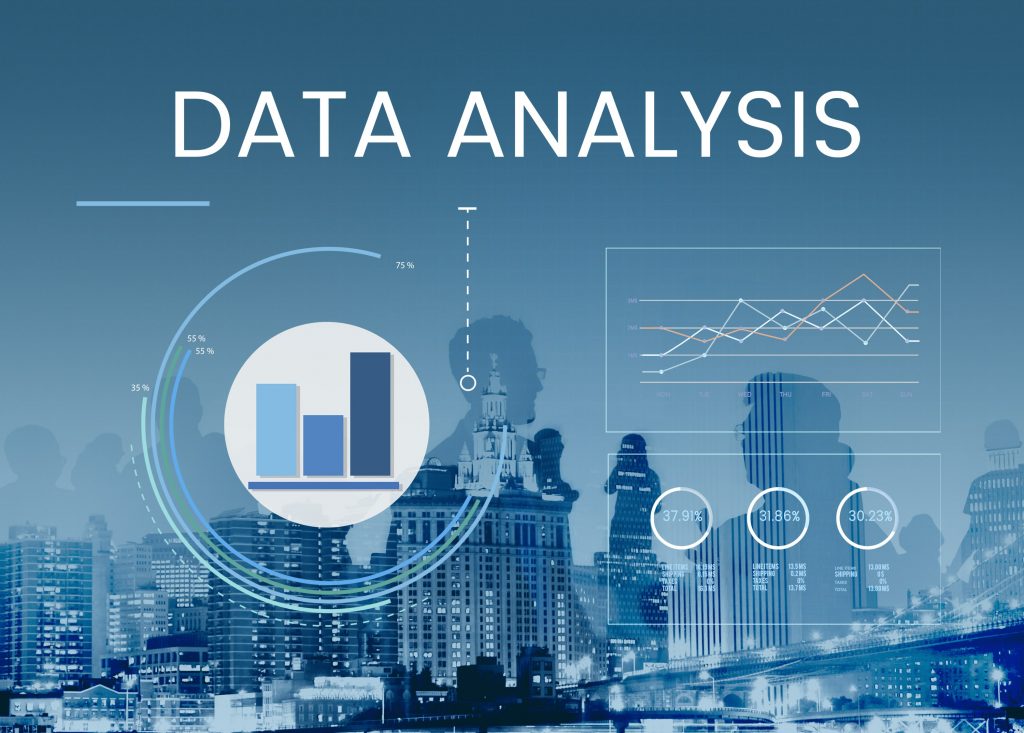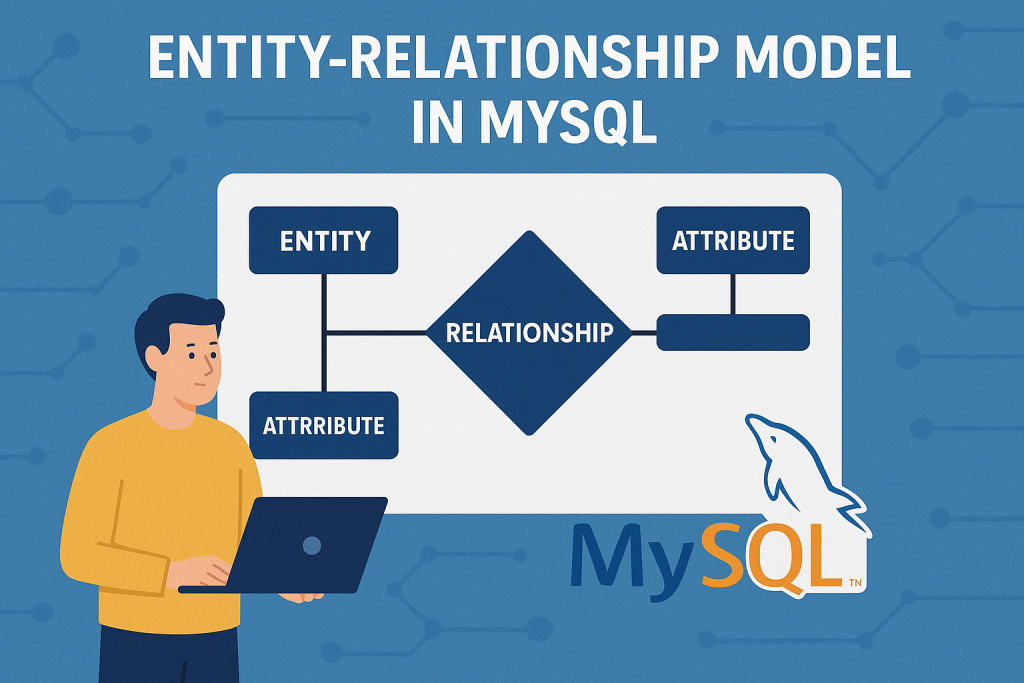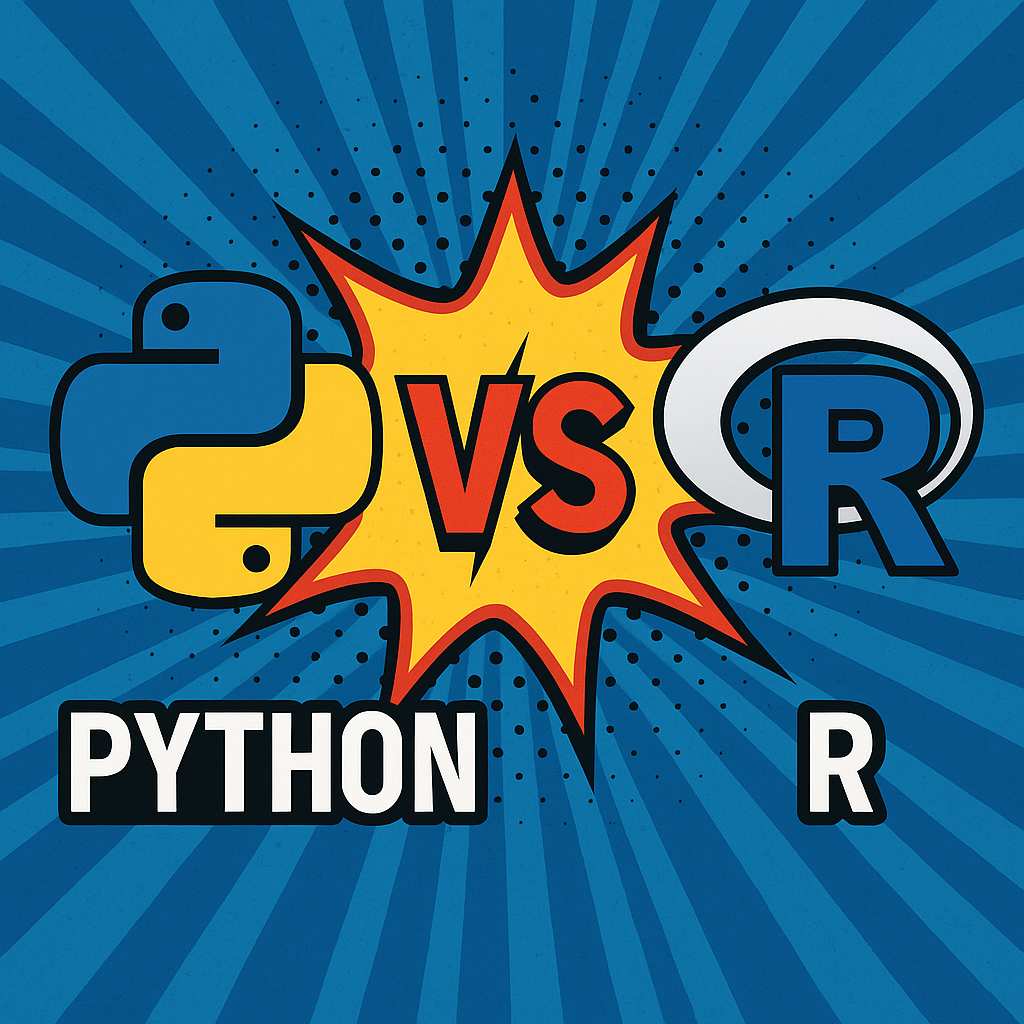In the fast-growing world of data, roles are evolving quickly. Two titles you’ll often hear are “Data Analyst” and “Data Scientist.” They’re sometimes used interchangeably but are they really the same? Let’s break it down, clear up the confusion, and understand how each role fits into the modern data-driven landscape.
What is a Data Scientist?
A Data Scientist is often seen as the problem-solver who works at the intersection of statistics, machine learning, and programming. Their job goes beyond just looking at data they build predictive models and create systems that can learn patterns.
A Data Scientist typically:
• Cleans and processes raw datasets.
• Builds machine learning models for forecasting, recommendations, or classifications.
• Uses programming languages like Python, R, or Julia.
• Works on big data platforms and cloud solutions.
• Helps companies predict future trends using advanced algorithms.
Think of them as architects who design intelligent solutions that transform data into actionable insights.
What is a Data Analyst?
A Data Analyst focuses more on examining data to understand the past and present. Instead of building predictive models, they use descriptive analytics to tell the story behind the numbers.
A Data Analyst typically:
• Collects, cleans, and organizes datasets.
• Creates dashboards and reports in tools like Power BI, Tableau, or Excel.
• Uses SQL to query databases.
• Helps companies make decisions based on current and historical data.
So when you hear:
• “The analyst built a sales dashboard.”
• “Let’s ask the analyst for last quarter’s performance trends.”
…it’s about interpreting data, not necessarily predicting the future.
Misconceptions
Beginners often confuse the two roles. Common myths include:
• “Data Analysts can’t code.”
(They can SQL, Python, and R are common.)
• “Data Scientists don’t need business knowledge.”
(They do a model without business context is useless.)
• “Both roles do the same thing.”
(Not true one is focused on analysis & reporting, the other on prediction & modeling.)
Think of it this way:
A Data Analyst explains what happened.
A Data Scientist predicts what’s likely to happen next.
Real-World Example
At Cyclobold, we train students and professionals to understand the career paths clearly:
• Data Analysts learn SQL, visualization tools, and how to build reports that drive decisions.
• Data Scientists dive deeper into machine learning, statistics, and programming for predictive modeling.
Both paths are valuable the key is knowing which aligns with your career goals.
Conclusion
While both roles work with data, the difference lies in scope and depth. Analysts interpret and present data insights, while scientists push the boundary with models and predictions.So the next time someone says they want to “be in data,” you’ll know to ask: “Do you want to analyze the past, or predict the future?”Both answers are right it just depends on the journey you want to take in the world of data.



